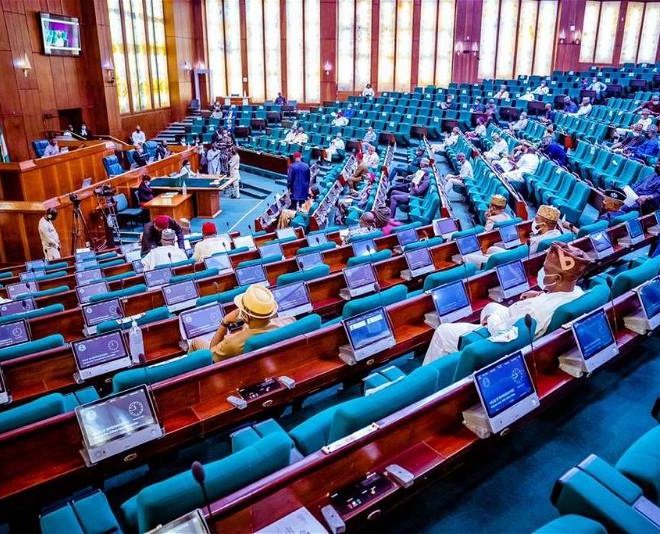Diphtheria, a serious bacterial infection affecting the respiratory system and sometimes the skin, has reemerged as a significant public health threat in Nigeria. First appearing in Borno State in 2011, the disease has periodically resurfaced, highlighting vulnerabilities in the nation’s healthcare system and immunization coverage. The House of Representatives, recognizing the urgency of the situation, recently passed a motion urging immediate and comprehensive action to combat the spread of diphtheria. This motion, spurred by alarming statistics on infection and mortality rates, calls for mandatory immunization, testing, and treatment across all 774 local government areas in Nigeria.
The gravity of the diphtheria outbreak is underscored by the sheer number of cases and fatalities reported between May 2022 and February 2025. Over 41,000 suspected cases were recorded across several states, with Kano and Yobe States bearing the brunt of the outbreak. Tragically, over 1,200 deaths were attributed to the disease during this period, with the majority of victims being children aged 1-14. The data reveals a disturbingly low vaccination rate among the affected population, with only 19.7% fully vaccinated against diphtheria. This low immunization coverage, coupled with challenges in accessing effective antitoxins and treatments, and delays in diagnosis and confirmation, has fueled the outbreak and contributed to the high fatality rate.
The resurgence of diphtheria in Nigeria stands in stark contrast to its near absence in developed nations like the United States and Europe, where high vaccination rates have effectively eradicated the disease. While other African countries have also reported outbreaks, their death tolls remain significantly lower due to proactive measures such as robust vaccination programs, early detection, and readily available treatments. Nigeria’s experience highlights the critical need for strengthened public health infrastructure and increased access to essential vaccines.
The House of Representatives’ resolution aims to tackle the diphtheria crisis on multiple fronts. It mandates the Federal Ministry of Health, the Nigerian Centre for Disease Control (NCDC), and the National Health Care Development Agency (NPHCDA) to implement mandatory immunization, testing, and treatment programs across all healthcare centers nationwide. This comprehensive approach seeks to protect vulnerable populations, particularly children, and curb the further spread of the disease.
Recognizing the importance of public awareness in combating infectious diseases, the House also tasked the Federal Ministry of Information and National Orientation with launching a nationwide sensitization campaign. This campaign will educate the public about the dangers of diphtheria, its symptoms, and transmission modes, empowering individuals to take preventive measures and seek timely medical attention. By disseminating accurate information and promoting preventive practices, the campaign aims to mitigate the risks and reduce fatalities.
Furthermore, the House has directed its Committee on Health and Health Institutions to assess the effectiveness of the implemented measures. The committee will evaluate the level of compliance with mandatory immunization protocols, the capacity of healthcare facilities to respond to the diphtheria threat, and the overall impact of the interventions. This assessment, to be reported back to the House within four weeks, will provide critical insights for further legislative action and resource allocation, ensuring a sustained and effective response to the ongoing health crisis.
The House of Representatives’ multi-pronged approach reflects a strong commitment to addressing the diphtheria outbreak and safeguarding public health. By mandating immunization, promoting widespread testing and treatment, and raising public awareness, the government aims to control the spread of the disease and reduce its devastating impact on communities. The subsequent evaluation of these measures will provide valuable data to refine strategies and ensure the long-term effectiveness of the interventions, working towards the ultimate goal of eliminating diphtheria in Nigeria. This concerted effort, involving various government agencies and community participation, is crucial to protect vulnerable populations, strengthen the healthcare system, and prevent future outbreaks of this preventable disease. The success of these efforts will depend on sustained commitment, adequate resource allocation, and effective communication to reach and protect all citizens.


